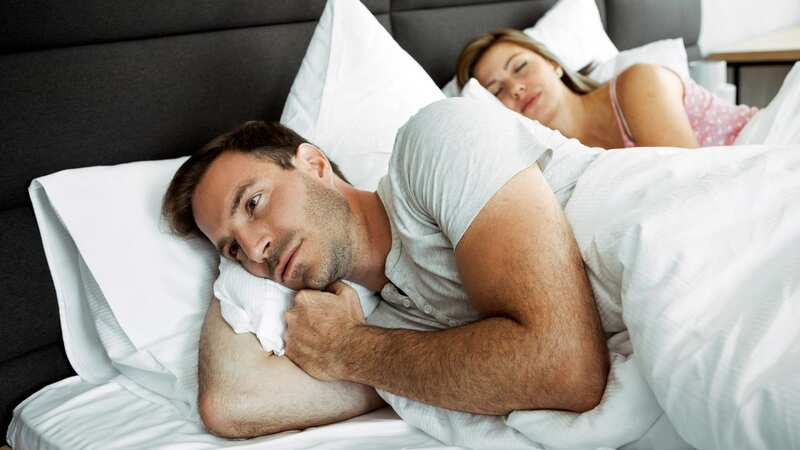

Waking up in the middle of the night is a pain, but there may be a bigger underlying issue at play.
You're not alone if you've not been sleeping well recently, as poor sleep quality affects around 16 million adults in the UK alone. In fact, a 2017 poll found that two-thirds of Brits suffer from disrupted sleep and a staggering 31 per cent believe they have insomnia.
There are, of course, a slew of factors that can affect the quality of kip we get. If you've newly become a parent, you know those precious Zzzzs are seldom feasible. Stress, anxiety, and other common conditions like colds and flu can also play a part in keeping us up at night. However, a new study looks into how these disrupted sleeping patterns could indicate a higher risk of a serious health problem.
The research, published in the Journal of the National Cancer Institute, surveyed more than 34,000 male participants without a history of prostate cancer. Scientists measured sleep characteristics including wakefulness using an actigraphy (a wristwatch-like device).
Over 7.6 years, 1,152 men were diagnosed with prostate cancer risk. It found those who recorded 30 minutes or more of wakefulness after falling asleep had a 15- 20 per cent greater risk of the disease compared to those who didn't wake at all - or at least for less than half an hour.
 Teachers, civil servants and train drivers walk out in biggest strike in decade
Teachers, civil servants and train drivers walk out in biggest strike in decade
However, researchers say these findings need to be 'replicated in additional studies' using 'more diverse study populations' for the results to be confirmed. It added: "In the meantime, for everyone, obtaining adequate duration of sleep, maintaining consistent timing of sleep, and ensuring good sleep quality, when possible, is important for good overall health and well-being."
Want the latest health news and fitness tips sent straight to your inbox? Sign up to our
It is important to stress that this study does not necessarily mean disrupted sleep is a symptom of prostate cancer - and it is not currently listed as one by health bodies including the NHS. Symptoms to look out for, however, include:
- Needing to urinate more frequently - often during the night
- Need to rush to the toilet
- Straining/ Taking a long time to urinate
- Difficulty in starting to urinate
- Weak flow
- Feeling like your bladder hasn't emptied fully
- Blood in your urine or semen
As you can see, many of these symptoms could cause one to have disrupted sleep. Previous studies have also confirmed that prostate cancer treatments 'seem to increase the risk of patients developing sleep disorders'. These tend to be caused by side effects such as hot flushes and nocturia - where you need to get up at night to urinate on a regular basis. If you or a loved-one is suffering with prostate cancer, you can get support here.